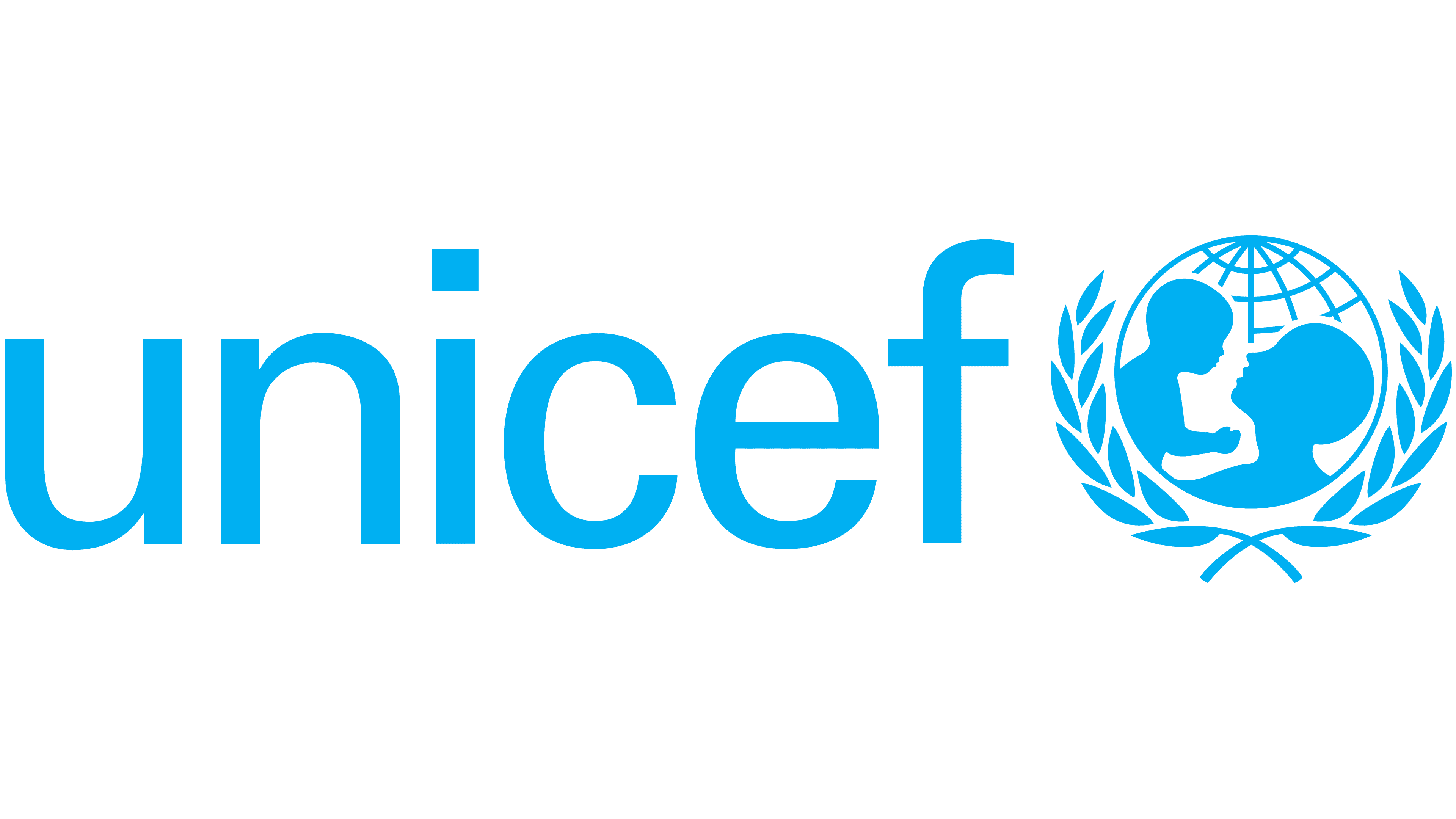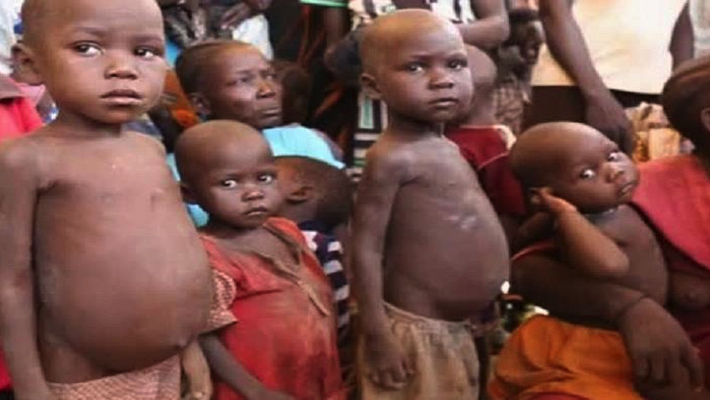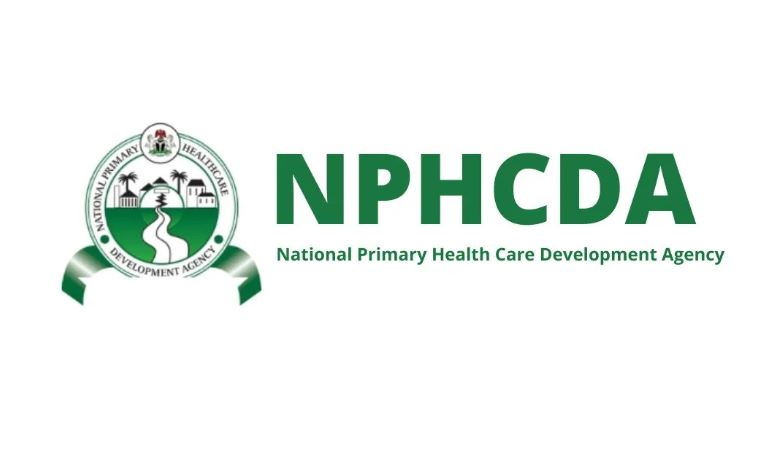Health
41,306 vulnerable persons benefit from health insurance in Benue — NHIA
The Benue Coordinator, National Health Insurance Authority (NHIA), Dr Christopher Okoh has said that 41,306 vulnerable persons have been covered by health insurance in the state.
Okoh said this on Thursday during a media parley with journalists in Makurdi.
He said that 150 beneficiaries were picked from each ward in Benue for the health insurance cover.
“The health insurance cover for the vulnerable was made possible because of the new National Health Insurance Authority Bill 2022 signed into law on May 19, 2022 by President Muhammadu Buhari.
“The new law which repeals the National Health Insurance Scheme Act, 2004 will ensure universal health coverage for all Nigerians.
“Government has set up a fund to ensure coverage of Nigerians who cannot afford to pay premiums,” Okoh said.
The State Coordinator noted that the vulnerable group fund was being financed through the basic health care provision fund, health insurance levy and special intervention fund.
He added that also contributing to the fund were any investment proceeds, donations and gifts to the authority.
Okoh said that this would cover the large number of vulnerable individuals who were not able to pay health insurance premiums.
“The new law will also work in line with State Governments’ health insurance schemes by empowering them (State Governments) to accredit primary and secondary healthcare facilities.
“It also ensures the enrollment of Nigerians in the scheme,” he said.
Okoh also said that parts of the provisions of the new law made health insurance mandatory for all Nigerians and legal residents.
Fielding questions from journalists after his presentation, the State Coordinator urged enrollees to always avail NHIA with feedbacks of their experiences with healthcare providers.
He said that there were many hospitals involved in sharp practices to cheat enrollees of their rights to health care, adding that health insurance would not work without feedbacks from enrollees.
Health
UNICEF emphasises importance of polio vaccination to caregivers

The United Nations Children’s Fund (UNICEF) has encouraged caregivers in Katsina, Kano and Jigawa States to present their eligible children for the next round of polio vaccination exercise.
Mr Michael Banda, the Officer-in-charge of UNICEF Kano Field Office, made the call in Kano at a media dialogue on the polio campaign on Friday.
The media dialogue was organised by UNICEF in collaboration with the Kano State Primary Healthcare Development Agency, with participants from the above-mentioned states.
The News Agency of Nigeria (NAN) reports that the four-day polio vaccination exercise is scheduled to commence on April 20, across the three states.
According to the UNICEF Officer-in-charge of the Kano field office, the importance of the exercise cannot be overemphasised.
“As the data show, in Kano, Jigawa and Katsina, we have over 556,750 children who have not received one single dose of vaccination they should have received.
“These are referred to as zero-dose children. Such children inexorably are vulnerable to vaccine-preventable diseases, including poliomyelitis.
“This is unacceptable and must be tackled frontally. Not only is polio vaccination crucial, but all routine vaccinations are also critical to children’s survival.
“We must all work together to strengthen routine immunisation services and ensure that all children under five receive all vaccines, including the polio vaccine,” Banda said.
He added that, if all children got vaccinated and receive the vaccines they needed to receive, they would no longer be at risk of contracting polio, with attendant debilitating consequences.
He said that, rather they would have received the immunity which would protect them against vaccine-preventable diseases.
Banda emphasised that immunisation had been proven to be the most cost-effective protection against vaccine-preventable diseases.
“Let’s all work together, government, development partners, religious and traditional leaders, communities, NGOs, CSOs and the media, to ensure that every Nigerian child under five is vaccinated.
“This will protect them from not just polio, but all other vaccine-preventable diseases,” he appealed.
According to the UNICEF official, managing misinformation and vaccine hesitancy for Polio and overall vaccination is very crucial in Nigeria to stop the outbreak.
He stressed that the role of the media, including social media, was important in this aspect.
Health
Over 1,800 malnourished kids recovered in six months in Bauchi — CSOs


Rauf Oyewole, Bauchi
The Coalition of Civil Society –Scaling Up Nutrition in Nigeria, Bauchi State Chapter has said that through its partnership with other implementing partners they have assisted over 1,800 malnourished children to recover from Severe Acute Malnutrition (SAM).
The Secretary of the Network, Dabis Mwalike while addressing journalists as part of the activities marking the 10th year anniversary of the network, said that it also engaged in preventive measures against malnutrition in the state.
According to her, during the implementation, 698 healthcare providers were trained across the 20 local government areas of Bauchi, 400 community-based volunteers were trained while 4,229 comprising 2,059 males and 2,170 females, children under five identified with SAM and 7,743 made of 3661males and 4082 females, children under five identified with Moderate Acute Malnutrition (MAM).
She added that 1,825 children under five identified with SAM and MAM recovered. While 202 PHCs established food banks.
She said that despite all the achievements, malnutrition remains a concern to public health and a threat to child survival, growth, and development in the country, and Bauchi State according to NNHS (2018) and NDHS (2018) the State stunting rate is 46 percent, wasting is 9.5 percent while underweight is 28.2 percent and overweight is 0.5 percent.
Health
Capacity training will reduce migration of health workers- NPHCDA


-
Finance3 months ago
Court orders Sen. Victor Umeh to repay N136m bank debt to AMCON
-



 Abuja Update2 months ago
Abuja Update2 months agoUNDP, FG partnership needed to achieve inclusion, equity- Minister
-
Abuja Update4 weeks ago
Banks drive stock market performance with N147bn gain
-



 Infotech3 weeks ago
Infotech3 weeks agoWorld Backup Day: NITDA urges Nigerians to ensure backup of data
-
capital market2 years ago
Rt.briscoe, FBNH, Others halts negative performance of stock market
-



 Health2 weeks ago
Health2 weeks agoImmunisation: FG, GAVI seek synergy with Sokoto Govt.
-
Infotech1 week ago
Forex for Beginners: Unveiling the currency exchange and how to trade it
-
Submission Guidelines4 months ago
CALL FOR SUBMISSIONS: POETRY COLUMN-NND




